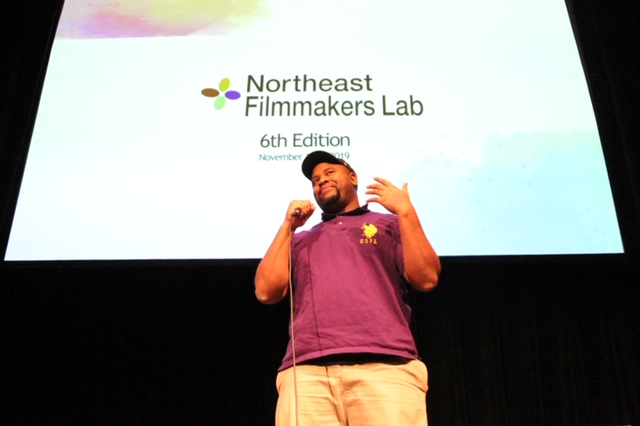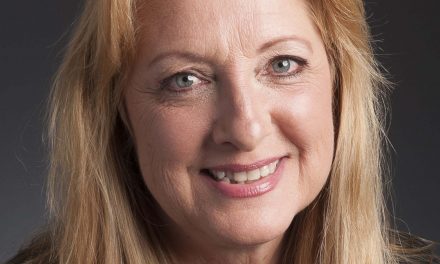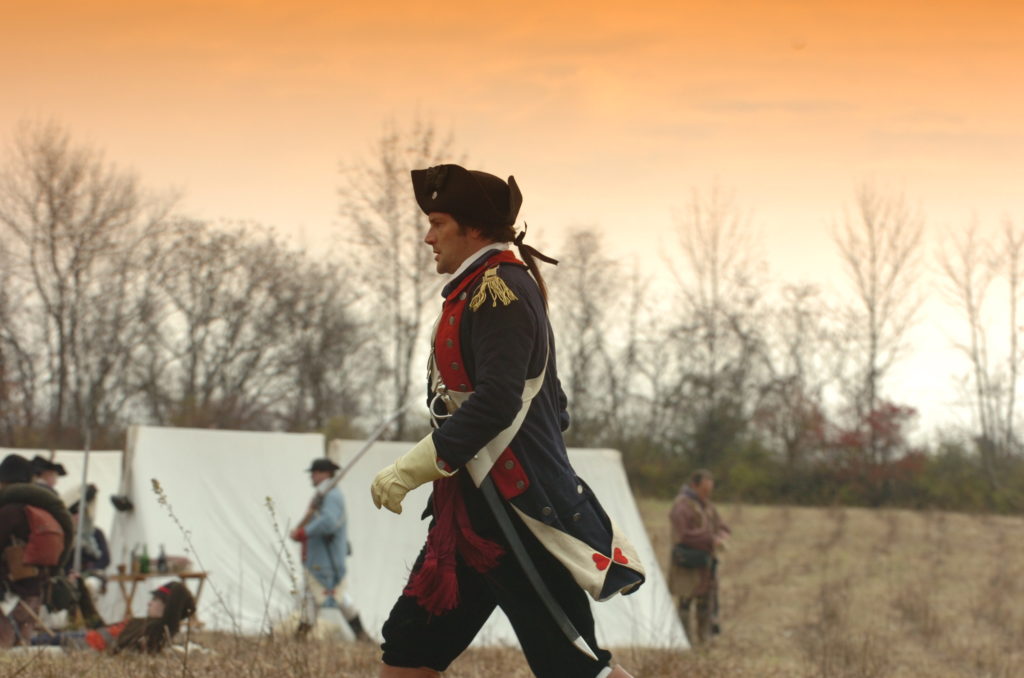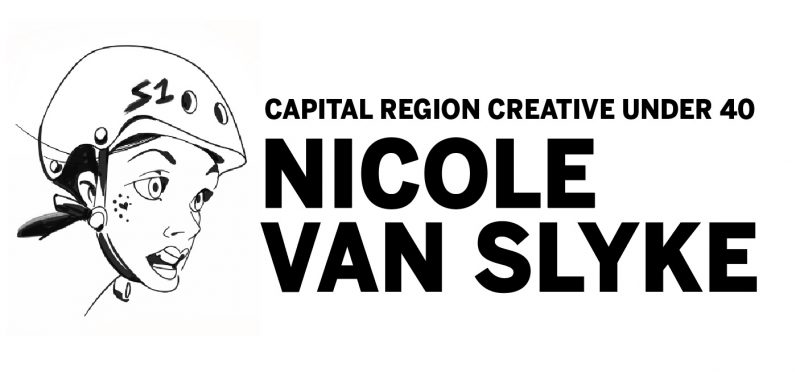The Capital Cinema Cultural Exchange (CCCE), a filmmaking lab in the tradition of Sundance, collaborates on film projects in various stages of development and has just completed its sixth edition. The exchange provides mentors from the industry to review projects and offer one-on-one sessions with the creators, advancing suggestions on what the filmmaker might pursue to rally the very best in the idea.
CCCE was founded in 2014 by local writer and producer Mike Camoin. During an odyssey to Tula, Russia—Albany’s sister city—Camoin encountered a film lab and yearned to bring the concept back to the states.
“Through interaction with audiences, industry experts and peers, filmmakers can acquire a greater understanding of the language and best practices needed to navigate the creative and business paths from development to marketing to bringing a film to the masses,” Camoin explained. “This year was probably the strongest group we have ever had. The lab placed a specific focus on female filmmakers and mentors. Two of these were the powerhouse duo Kallen Blair and Alie B. Gorrie, whose Amazon series, ‘ABLE’, was featured.
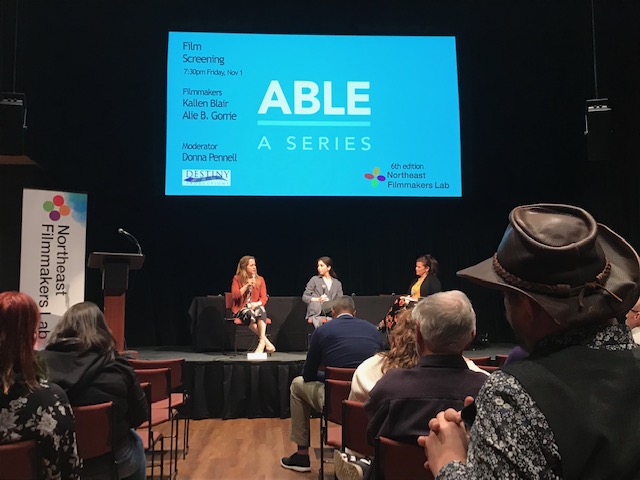
“We had never done a lab like this before,” shared Gorrie, “and even though we were honored to be the keynote speakers, we felt much more like collaborators. We had the sensation of being a fly on the wall, which seemed to give us answers on our project before we even knew the questions.”
The entire three-day event was professionally recorded by the regional Emmy-winning production company MagicWig.
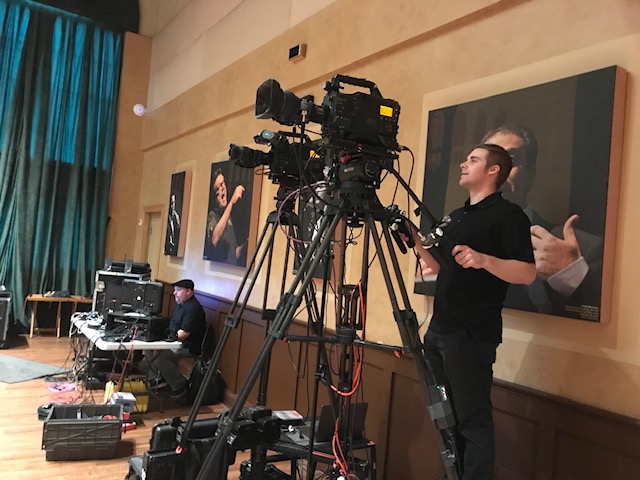
CCCE projects also included a horror short by Victoria Diana and “Tigris” by Mya Bastian of Toronto, whose film short explores the surreal paradox in an African conflict zone. Also included was “Supa Predator 2020” by Joe Blak.
“As a minority filmmaker, our stories are sometimes ignored by other communities. This one is quite gritty and violent. So after reviewing it, one of the mentors shared some tough love.” Blak chuckled and continued, “I was informed that my script might be too scary for white people.”
Also included was a web series-in-development entitled “The Life of Lila,” the tale of a sex worker dealing with schizophrenia, by Olivia Novak and directed by lab alumnus Mike McGuirk.
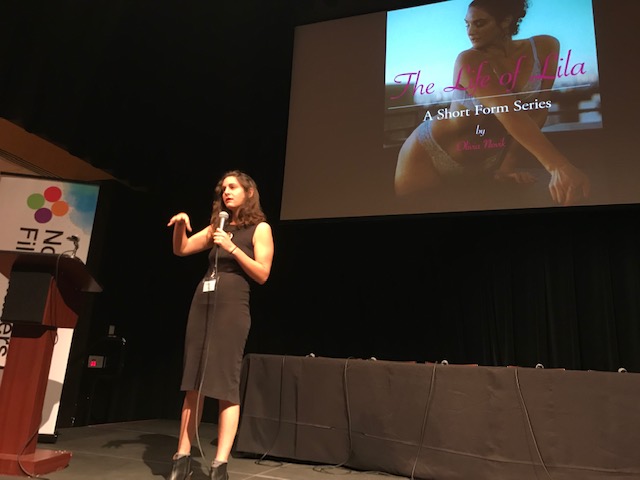
“Ideas in progress don’t always come out of the American studio system,” McGuirk explained. “The industry can rip things to shreds, and the original project is lost to the dollar pretty quickly. That’s why I’ve always considered myself a New York filmmaker—a Northeast filmmaker. So many of the projects curated by CCCE have the ability to create new economic drivers that not only get the films made but end up faithfully doing what art should do.”
During a Saturday night session, the lab sold out a screening of a work-in-progress, “Benedict Arnold, a Hero Betrayed.”
Also that evening, the documentary “Scared to Debt,” an ongoing project, presented some new footage. Camoin, the director, offered some insight. “Everyone is talking about student loan debt nowadays, but the lab was way ahead,” he said
This writer, having had projects with the CCCE for the past three years, can attest that this latest experience was truly special.
CCCE is accepting applications for 2020 on Film Freeway, and I recommend that every filmmaker who is serious about progressing apply.

